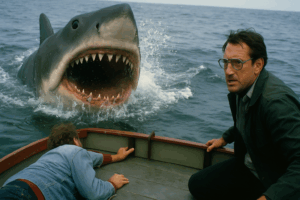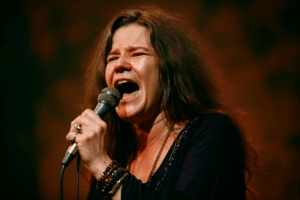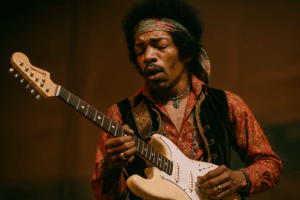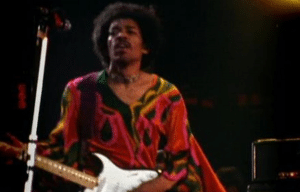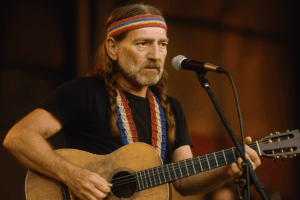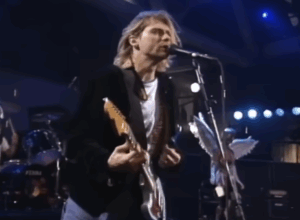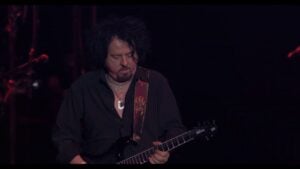5 Legendary Rock Bands That Wouldn’t Exist Without KISS
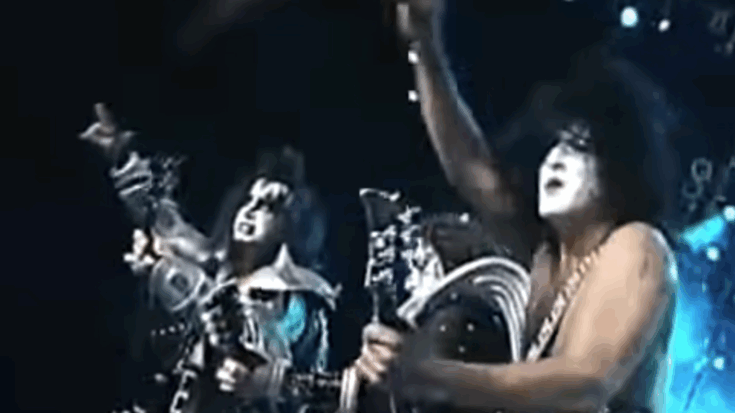
via krankpantera / YouTube
Few bands have left a mark as bold and theatrical as KISS. Beneath the makeup, pyrotechnics, and stadium-sized spectacle was a band that sparked something deeper—an urge to pick up a guitar, join a garage band, and chase the same rush of energy that KISS delivered night after night. Their influence went far beyond the stage lights; it shaped the very identity of rock itself for generations that followed.
While critics in the 1970s were quick to dismiss KISS as a sideshow, time has revealed a very different story. Their sound—loud, unapologetic, and built for arenas—became the foundation upon which countless young musicians built their own dreams. The band’s mix of rebellion and showmanship gave rock a new kind of swagger, proving that spectacle and substance could coexist.
When news broke of guitarist Ace Frehley’s passing, tributes poured in from musicians who had once stood in the crowd, faces painted, hearts pounding, dreaming of one day doing the same. Their stories serve as proof that KISS didn’t just entertain—they inspired. Without them, many of rock’s most iconic bands might never have stepped into the spotlight at all.
Mötley Crüe
When it comes to rock bands that carried the torch of spectacle, few did it louder or prouder than Mötley Crüe. From their earliest days, their look alone echoed KISS—black leather, heavy makeup, platform boots, and the kind of bravado that could fill an arena before a single note played. They didn’t just imitate the flash; they inherited the spirit of excess, rebellion, and showmanship that defined 1970s rock.
Bassist Nikki Sixx has often credited KISS with inspiring him not only as a performer but as a songwriter. He has described growing up obsessed with their sound and energy, saying they gave Mötley Crüe their first real shot at touring the big stages. That mentorship—both musical and professional—helped shape the Crüe’s early identity and ambition.
Though they’ve had their disagreements over the years, Sixx still speaks with gratitude toward KISS, recalling how Gene Simmons and company opened the door to opportunities that might never have come otherwise. For Mötley Crüe, the KISS influence wasn’t just about image; it was the blueprint for how to build a lasting empire out of noise, chaos, and fire.
Pearl Jam
While Pearl Jam’s grunge sound sits far from the glam rock of the 1970s, the band’s guitarist Mike McCready has never hidden where his first spark came from. For him, it was Ace Frehley’s guitar work with KISS that lit the fuse. Hearing those soaring solos made him want to learn the instrument, and he’s even said that the solo in “She” inspired him when writing Pearl Jam’s breakout hit “Alive.”
McCready has spoken openly about how central KISS was to his youth—collecting their albums, talking about them with friends, and studying every riff Ace ever played. His admiration was more than fandom; it became a lifelong influence that helped shape his style and musical voice.
When Frehley passed away, McCready called it a personal loss, describing him not just as a hero but as a friend. Having had the chance to share the stage with him once, McCready described the moment as a “dream come true.” It was a full-circle reminder that the magic of KISS had launched one of rock’s most enduring guitarists.
Pantera
Dimebag Darrell of Pantera made no secret of who taught him how to make a guitar scream. For him, it was all about Ace Frehley’s touch—the vibrato, the power, and the way one note could sound like a dozen. KISS didn’t just inspire him to play; they taught him how to feel every note like a punch to the gut.
Darrell’s admiration went beyond words. He had Ace Frehley tattooed on his chest and, after his tragic death, was buried in a KISS Kasket gifted by Gene Simmons himself. That’s the kind of devotion that tells you just how deep the influence ran.
Pantera may have become one of metal’s most ferocious bands, but at their core, they shared KISS’s same DNA—big riffs, larger-than-life performances, and the belief that rock music should hit as hard as it looks. In many ways, Dimebag carried Ace’s fire into a new era, transforming KISS’s showmanship into pure metal fury.
Alice in Chains
Long before Alice in Chains became icons of the grunge movement, both Layne Staley and Jerry Cantrell were kids raised on the heavy, riff-driven power of KISS. Staley started in a glam metal band, while Cantrell has recalled that KISS was among the first groups that truly made him want to play guitar. Their influence gave Alice in Chains a foundation of melody and muscle that still cuts through their darker tones.
Cantrell often credits the music he grew up with—AC/DC, British metal acts, and especially KISS—for shaping his songwriting instincts. Beneath the band’s brooding harmonies and emotional depth lies a classic rock structure, the kind KISS helped define decades earlier.
Even as Alice in Chains evolved into something entirely their own, they never lost touch with the energy and dedication that KISS represented. Cantrell has spoken proudly of that lineage, noting that the passion and purpose that drove his heroes continue to drive him today.
https://twitter.com/laynesdaily/status/1801512061068865989
Rage Against the Machine
For Tom Morello of Rage Against the Machine, KISS wasn’t just an influence—it was the ignition point. When he took the stage to induct KISS into the Rock & Roll Hall of Fame, he called them “the band that made me and millions of others love rock and roll.” Their power, he said, rivaled what The Beatles or Elvis had done for earlier generations.
Morello has always been vocal about how KISS’s larger-than-life presence inspired him to chase his own sound and sense of purpose. It wasn’t about copying their music but absorbing their fearlessness—the idea that you could make noise, make statements, and make history all at once.
From Mötley Crüe to Rage Against the Machine, the ripple effect of KISS’s influence stretches across genres and decades. Morello summed it up best: their impact lives in everyone from Metallica to Lady Gaga. In short, KISS didn’t just start a band—they started a movement that continues to shape rock’s heartbeat.




